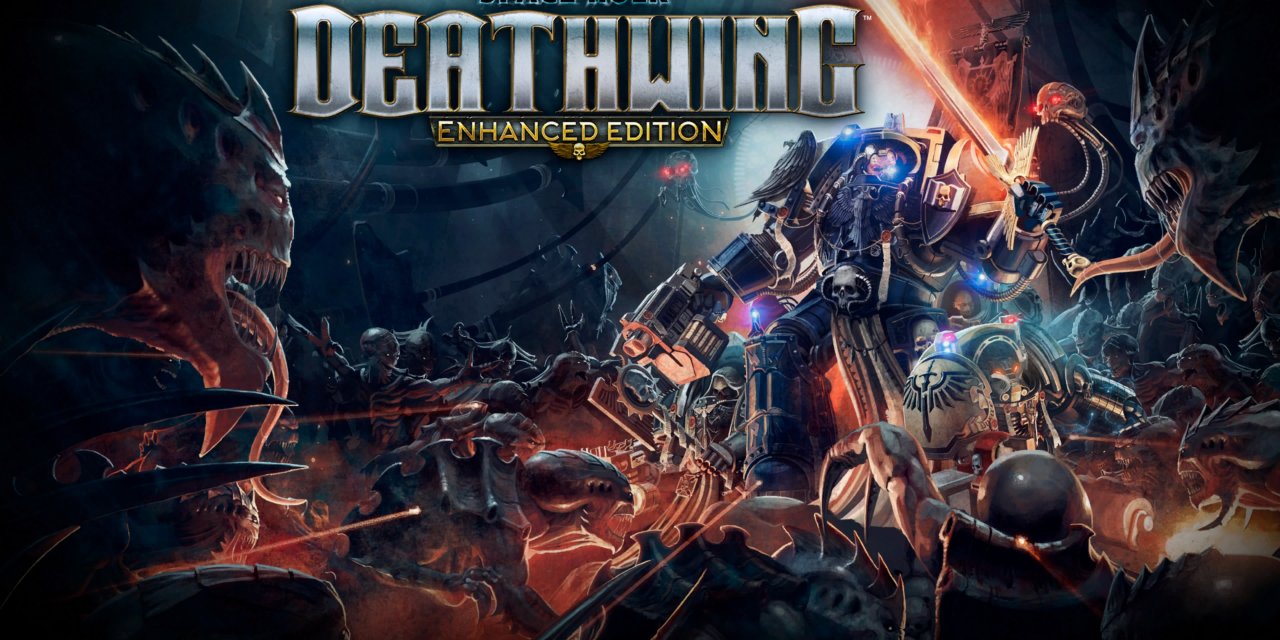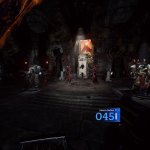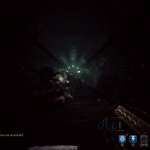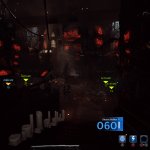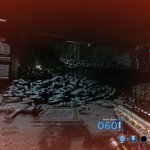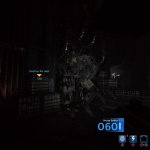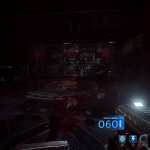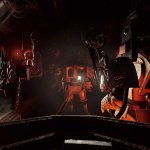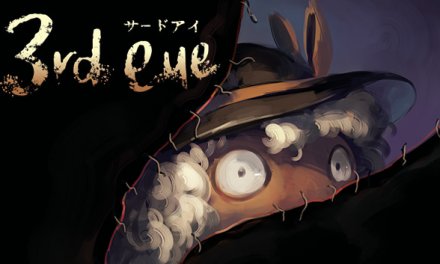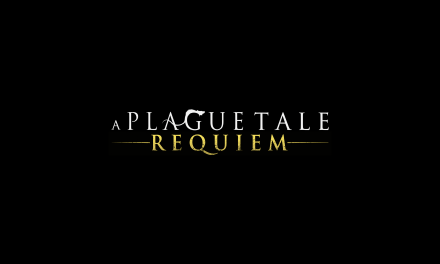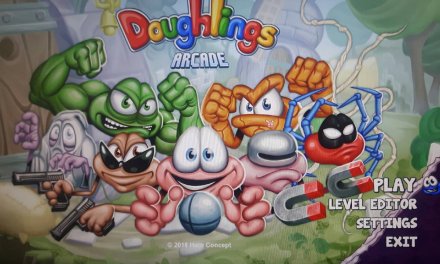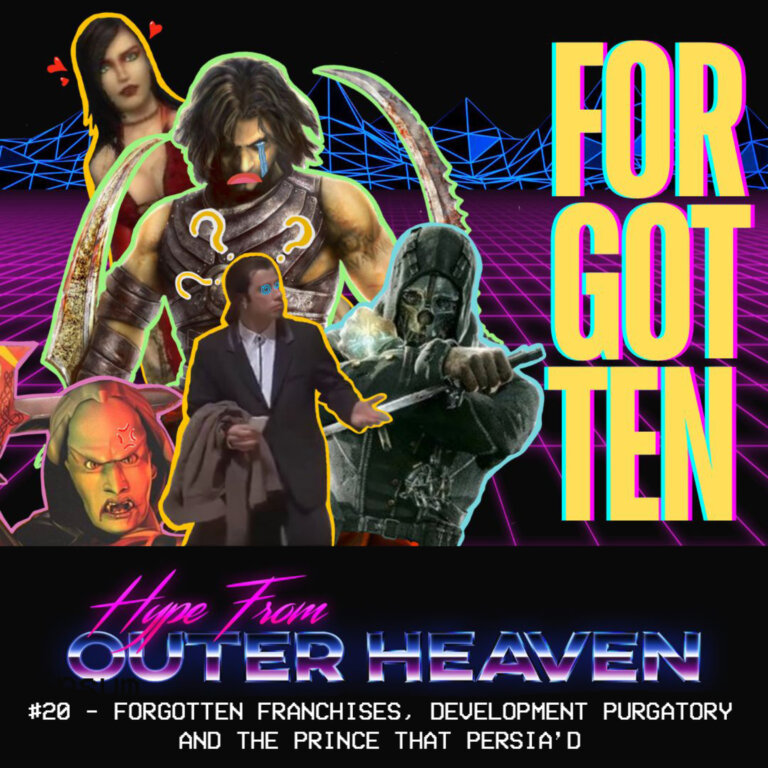“Republican Space Rangers! Shoot first, ask questions never!”
Initially released on Steam on the 14th December 2016, Space Hulk: Deathwing was a first person shooter spin off of the tabletop Space Hulk (part of the Warhammer 40k universe) making it the first in the series to ditch the turn based strategy approach in favour of putting you right at the face of the action. The Enhanced Edition marks the console version of the game, offering multiple improvements over the original such as a multiplayer progression system and various stability fixes. Space Hulk: Deathwing Enhanced Edition released in Europe on the 22nd May 2018, and as usual I’ll be going over the PlayStation version of the game, detailing the pros and cons and whether it’s worth the £34.99 asking price.
Tabletop RPG’s being what they are, something about them always felt alien to me. While I grew up with the typical array of board games (the VHS version of Atmosfear was an absolute classic) as a child, one would think that the medium would have struck a chord from a young age. While I’ve never been a huge fan of the medium myself, I’ve always appreciated the passion (that model painting takes some real patience yo) that has surrounded some of the biggest universes within the genre; franchises such as Dungeons & Dragons and World of Darkness both have their own cult following massing in the tens of thousands, but by far the biggest (especially in the UK) is the universe of Warhammer 40,000. The universe was initially created in 1987, and has gone on to spawn numerous editions of the original tabletop (currently on its eighth iteration) as well as numerous spin offs such as the 1989 board game spin off: Space Hulk. The Space Hulk spin off series usually sees genetically modified super soldiers (imagine a fridge with a face) board derelict space freighters to investigate what happened, usually to find themselves facing off against hordes of creatures known collectively as Xenos (Now where have I heard that before?).
Space Hulk: Deathwing Enhanced Edition marks the first time that the spin-off series has jumped into the realm of a fully-blown first person shooter, with nearly every other video game iteration of the series holding some kind of turn based strategy approach (with FPS mechanics tacked on). The game was initially released on Steam in December 2016 and was met with somewhat mixed reviews; the Enhanced Edition constitutes the developer: Streum On Studio‘s (with aid from Cyanide S.A.) attempt to fix the game by adding numerous player requested features such as a somewhat in-depth multiplayer progression system and general quality of life fixes across the board resulting in a more stable frame-rate. The game follows a squad of space marines (collectively known as ‘Deathwing’) as they are sent to investigate a space hulk (a bulk of ships and wrecks fused together) known as the Olethros, while simultaneously searching for relics and battling ongoing hordes of Genestealers (the series’ usual cannon fodder) that run at you with horribly programmed AI that makes Aliens: Colonial Marines look good by comparison. Unfortunately, that’s about all there is in terms of a narrative in Space Hulk: Deathwing ,at least if you’re not familiar with the blindingly in-depth lore that surrounds the Warhammer 40k series. While there may not be much story Space Hulk: Deathwing manages to nail the atmosphere of an abandoned space vessel perfectly, giving it a sort-of an Aliens sort of vibe, with the rusted giger-esque ship interiors mixed with gothic stone architecture, making the Olethros a pretty spooky place to explore.
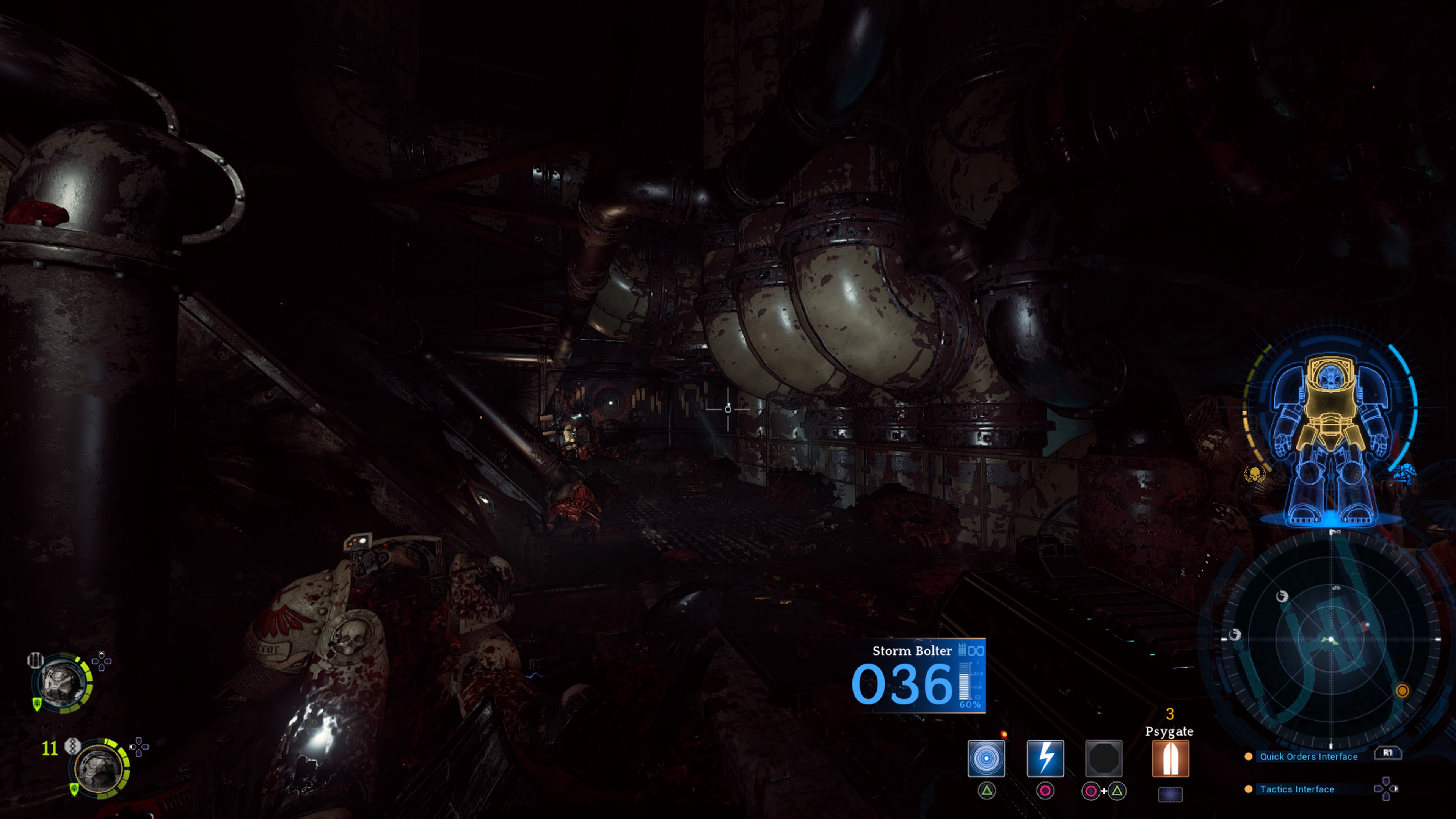
In space, no one can hear you scream: The atmosphere aboard the Olethros is actually pretty good, and can mirror some of the best horror games out there.
While Space Hulk: Deathwing nails the dark atmosphere of an abandoned space wreckage extremely well, the gameplay unfortunately doesn’t follow suit. The title can (quite literally) be described as a corridor shooter, with most of the game consisting of you gunning down swarms of Xenos through tight corridors and large open areas with very little wiggle room over the course of its 8-10 hour campaign. You command one of three space marines, who comes complete with interchangeable weapons and abilities (once you progress far enough through the game). In addition to your own weapons, you can organise your squad mates’ loadouts too, creating different squad builds depending on what the situation calls. The gunplay also deserves a mention (not the good kind) as it feels very clunky, with many of the weapons having unpredictable recoil patterns as well as hitting with the offensive potency of throwing a can of beans at your adversaries; additionally having a melee weapon on hand mixes things up somewhat, but (much like the game’s firearms) still feels a bit too rigid and stiff to give any genuine benefit. In contrast, the core gameplay is (at times) a lot more tactical than the game gives it credit for, with a decent level of resource management and tense ‘hold-the-line’ moments being woven in for good measure, making your commands to squad mates all the more important during said key choke moments.
Alongside the main campaign, Space Hulk: Deathwing features a multiplayer co-op mode that allows you to tackle the single player missions but with other online players rather than AI. While this may not be much of a selling point when the main campaign is so lacklustre to begin with, the multiplayer does offers an in-depth progression system that allows full customisation of your avatars armour, as well as the ability to choose different classes that offer different passive/active abilities. While this is a strong selling point for those that are interested in the game, getting into a co-op game is tedious to say the least, as the title suffers with an abysmal matchmaking system, that hasn’t improved much since the initial launch of the game (was one of the game’s biggest criticisms). On top of this, the overall presentation of the game is somewhat lacking also, being laden with muddy textures and big clunky menus that makes the game play and feel like an FPS from 2002 (and not a good one). In terms of performance the game is presented in 1080p on the baseline PS4 (no HDR or Pro enhancements) and holds to its 30fps frame-rate, only dropping into the high 20’s occasionally when there is a (larger than normal) swarm of enemies on screen.
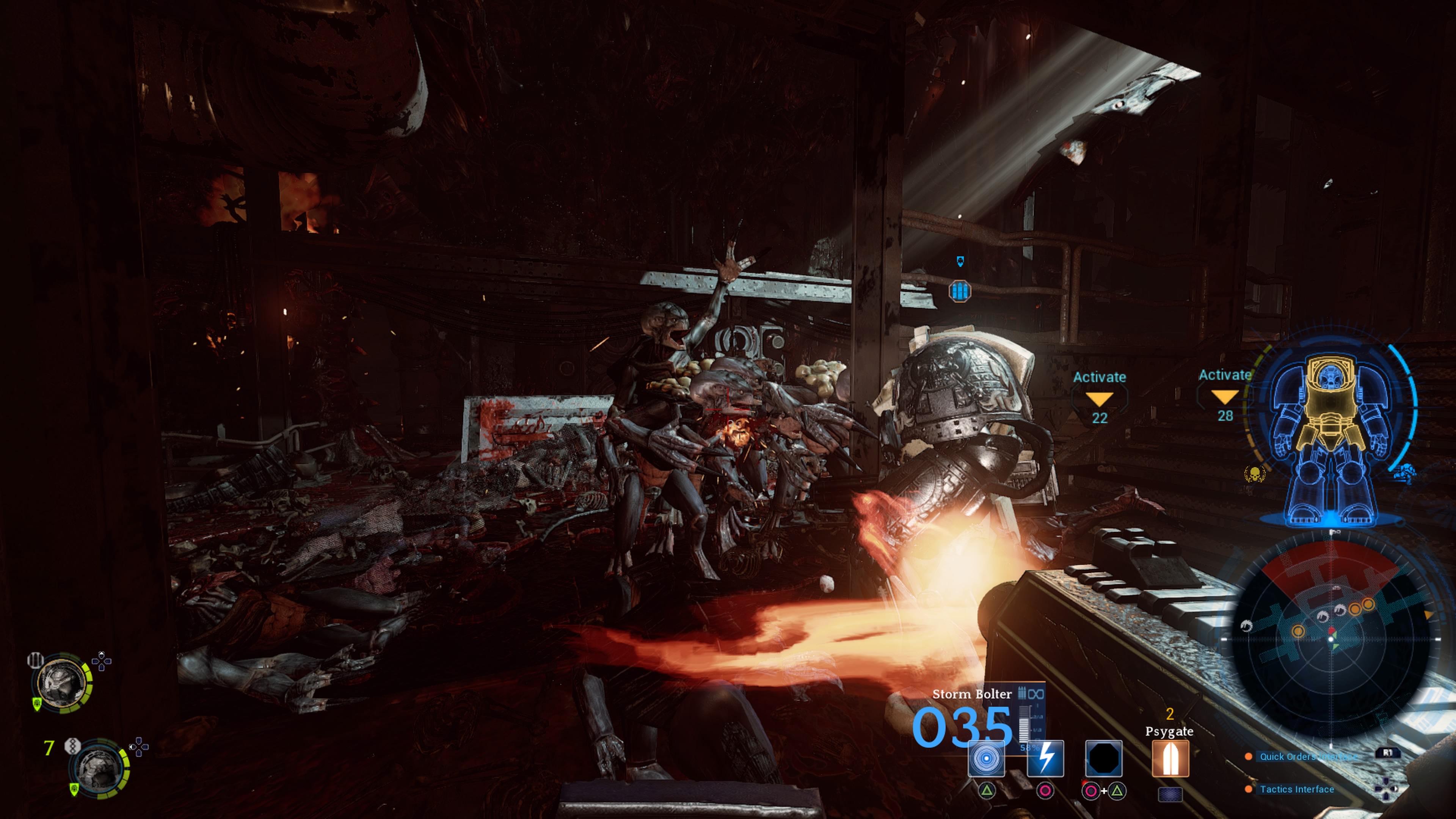
Shoot, kill, repeat: The enemies found in Space Hulk: Deathwing are the very definition of cannon fodder, running at you with no regard whatsoever for their own wellbeing.
Overall Space Hulk: Deathwing Enhanced Edition is an extremely tough sell, even with all of the additions that the enhanced edition brings to the table. While there are some fleeting moments where the action can be quite tense and require some solid coordination, largely the game gets bogged down by ridiculously simple enemy AI, weapons that feel about as offensive as a fart in a jar and graphics that make it seem like you’re staring up a PlayStation 2’s butthole. Definitely avoid this one unless you’re a die-hard fan of the franchise, even then I would probably give it a miss and stick to the tabletop games.
A review code was provided by Koch Media.

